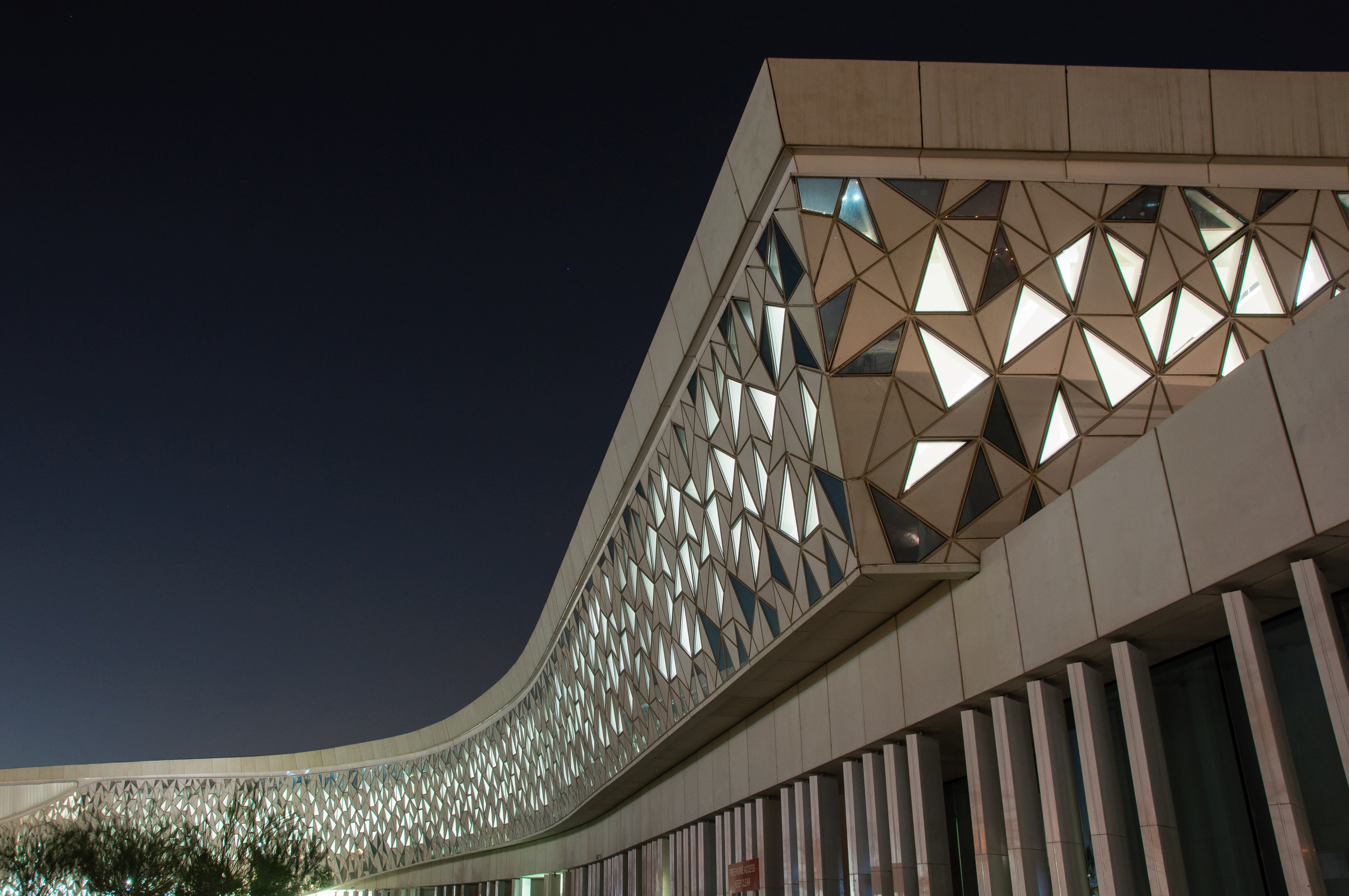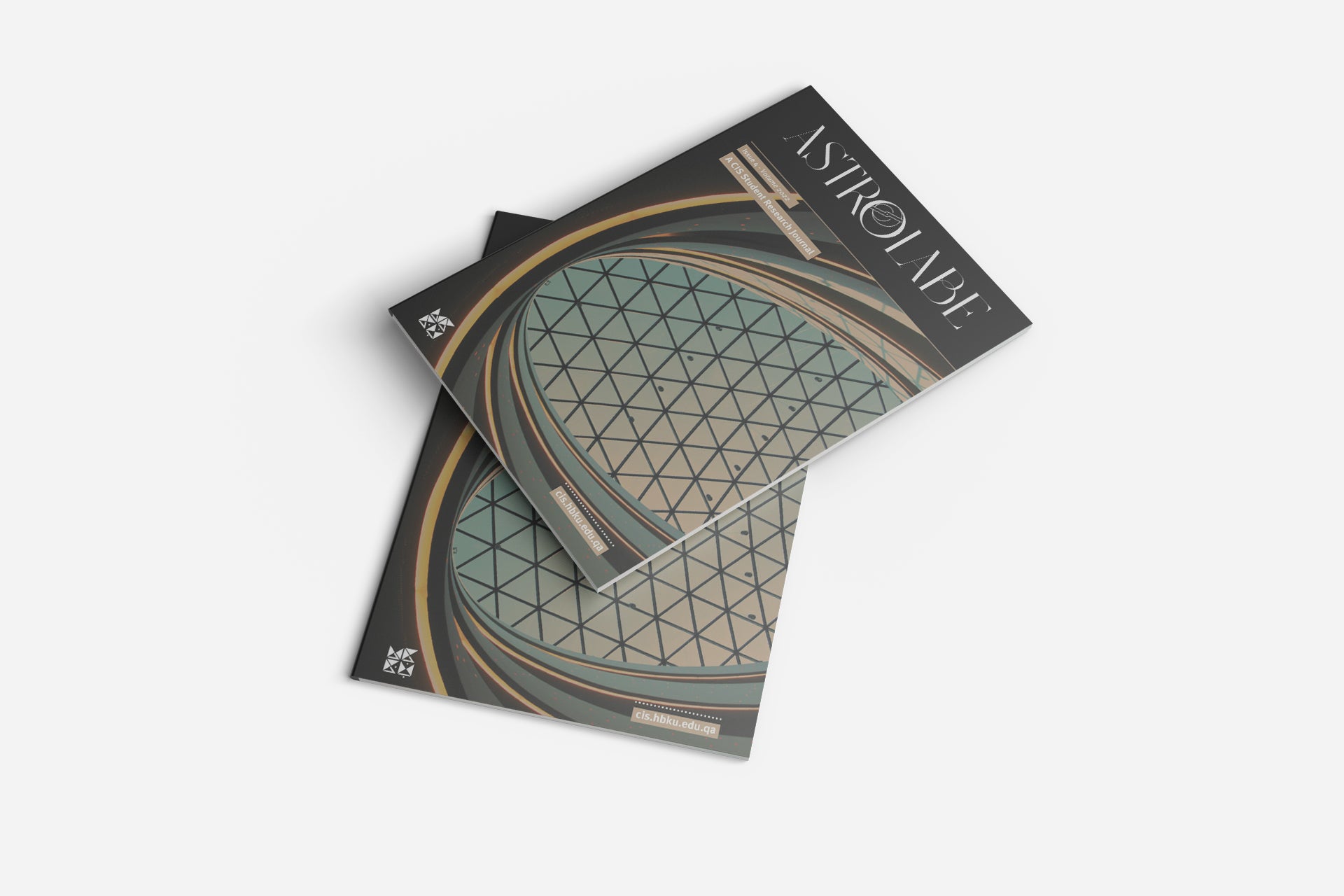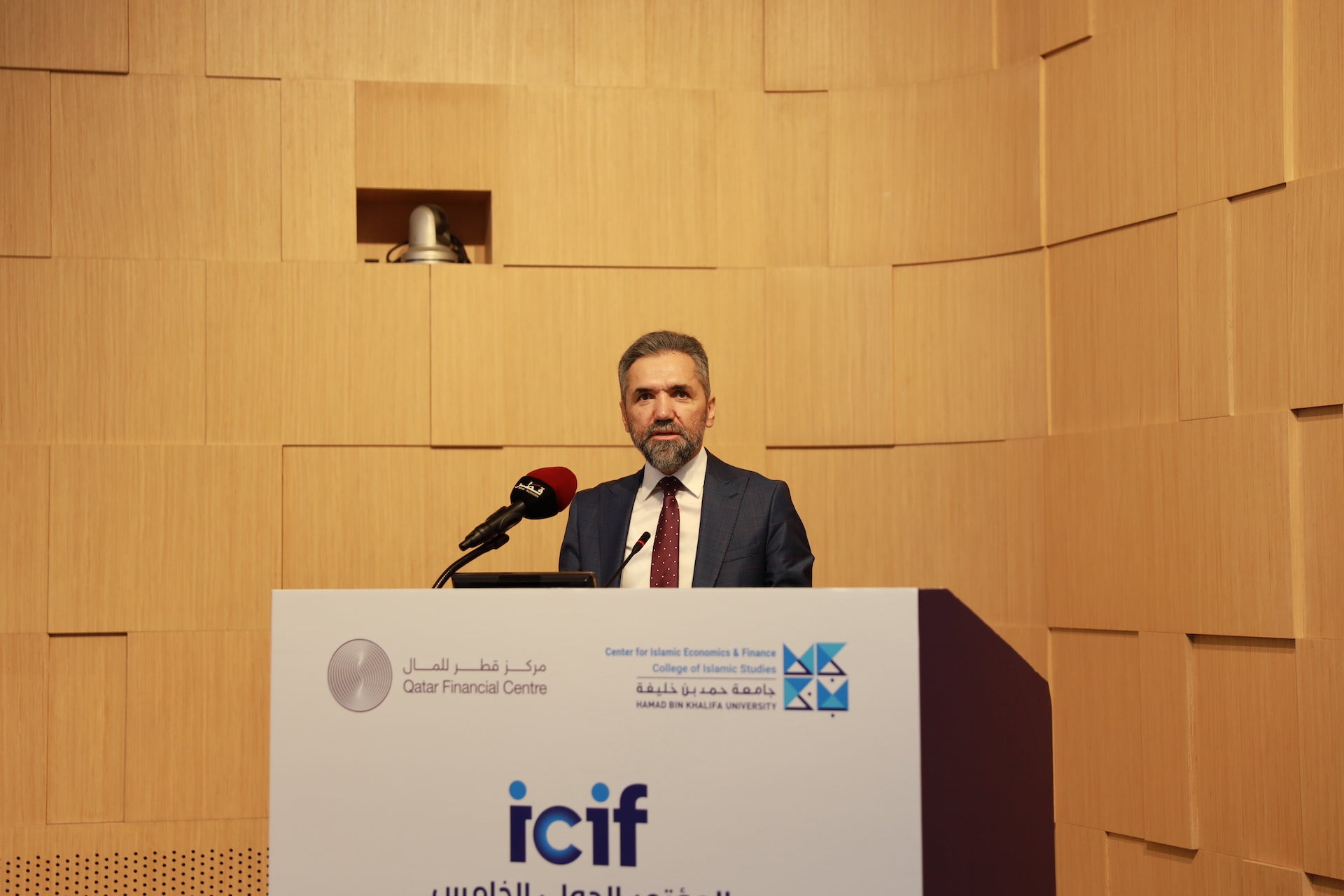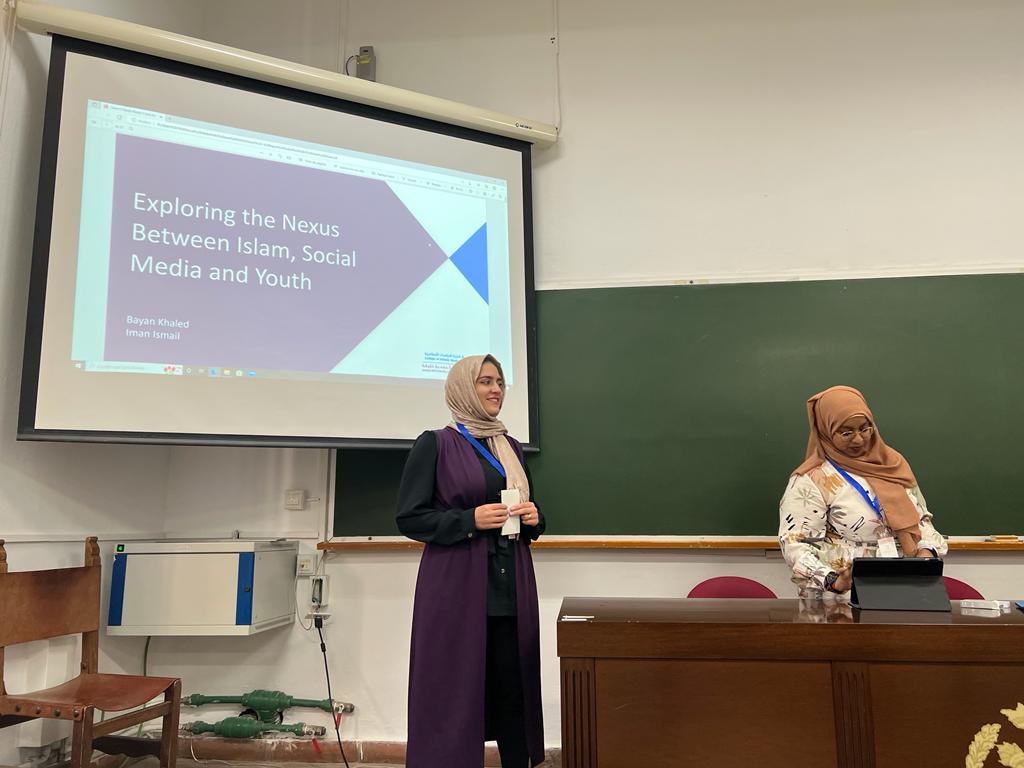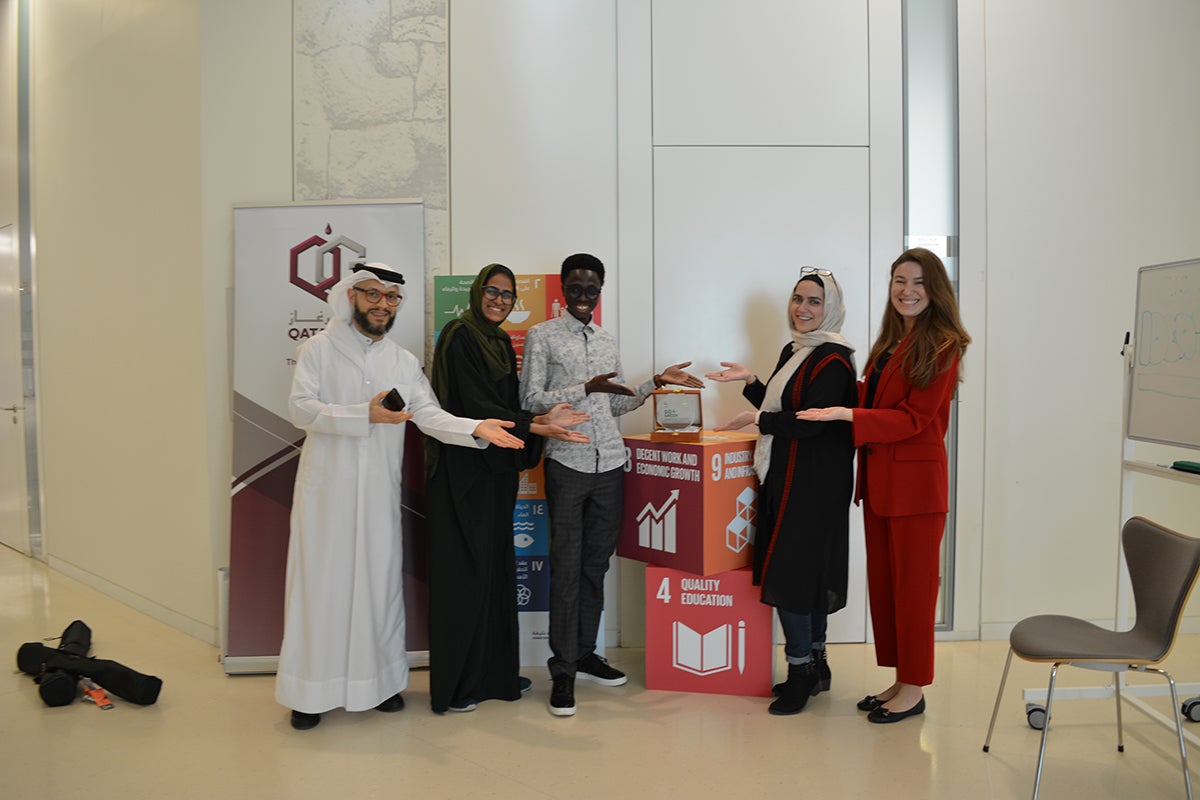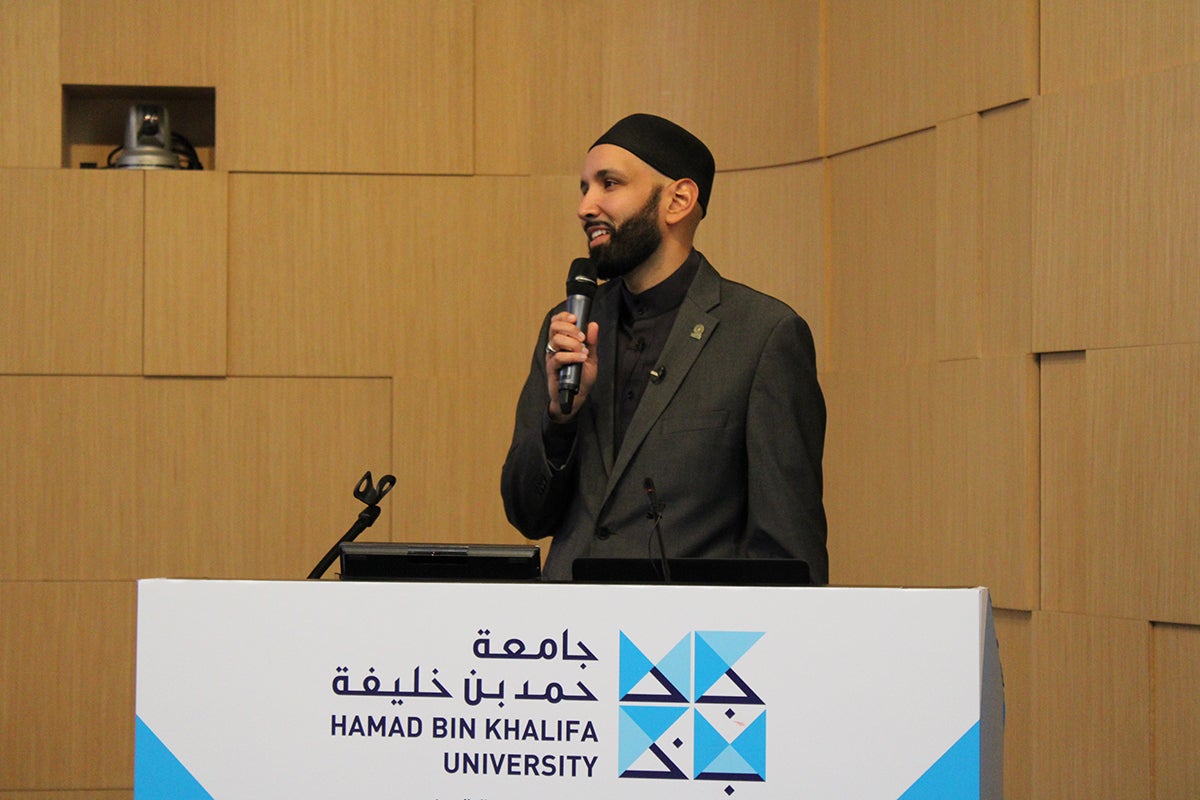College of Islamic Studies urges youth to play active role in society
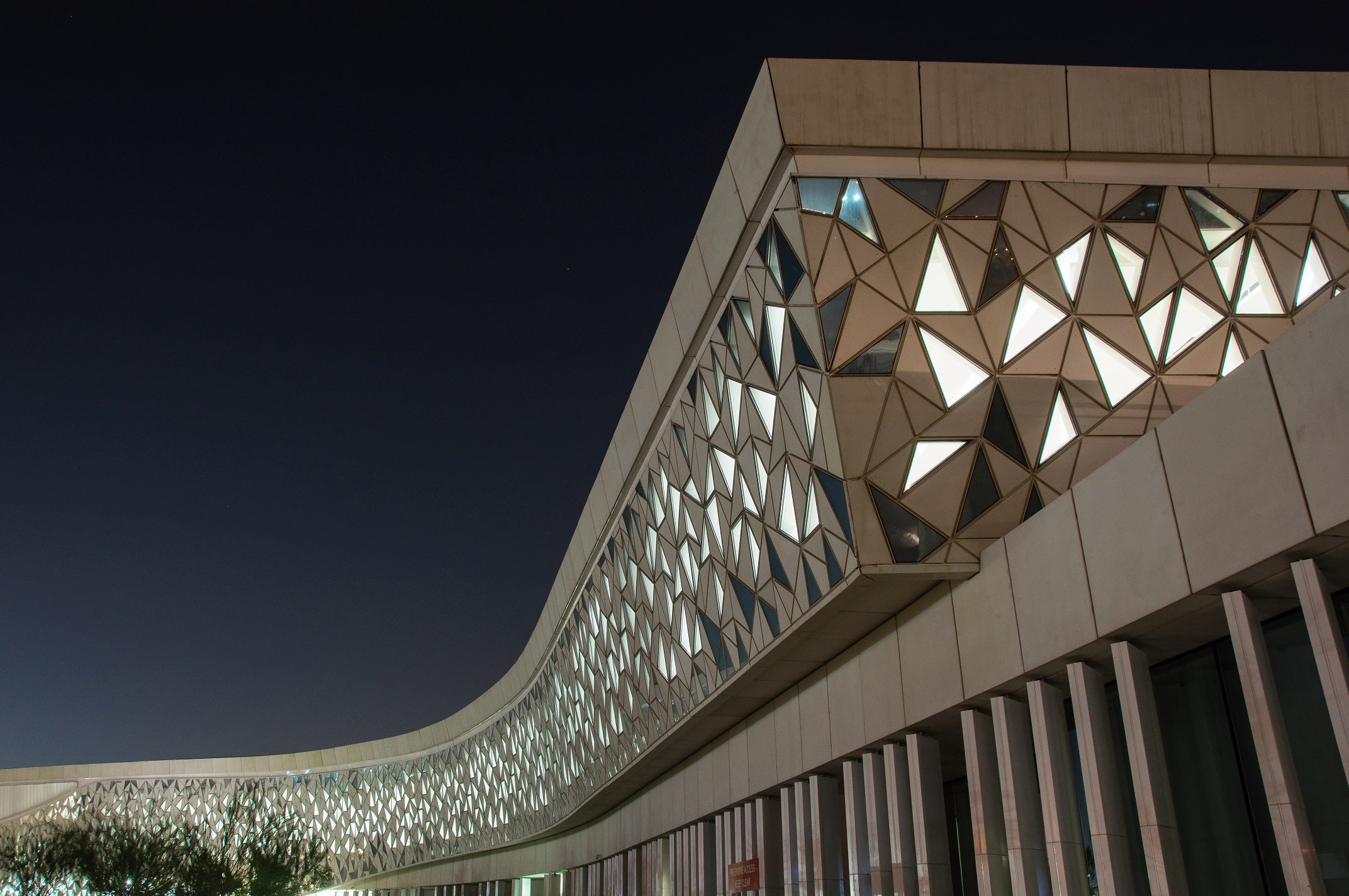
An interview with Dr. Evren Tok, Assistant Dean for Innovation and Community Development, and Bayan Khaled, Research Fellow at the College of Islamic Studies
Can you give us an overview of the initiative, its objectives and primary beneficiaries?
The “Covid-19 and the Global Moral Panic: The Youth Challenge” initiative is one of three focusing on the coronavirus pandemic. The initiative invited youth around the world to deliver a presentation on the outbreak of the coronavirus, the public's reaction to the pandemic and how to address the crisis from an ethical perspective.
The challenge was divided into several stages. The first stage, which featured the delivery of a written or oral presentation, aimed to foster creativity among youth. The presentations were to cover, describe and analyze aspects of the "moral panic”. The initiative was aimed at offering creative perspectives and suggestions for long-term solutions, and a clear call for youth to join efforts globally. The second stage featured a list of selected candidates who qualified to the finals.
Participants were invited to deliver an interactive presentation online in front of a panel of judges. Each presentation was allocated 10 minutes, followed by questions from the judges. The judges then announced the three winning finalists.
The challenge aimed to inspire and encourage youth to integrate and play an active role in society under the current challenging circumstances. The outbreak of the virus has frustrated many people. Through this initiative, we aimed to foster hope in these uncertain times. We expect participants to implement their ideas and to instill ethical values in their communities.
Where and how did the idea of the challenge arise?
The COVID-19 pandemic not only poses a global health threat but has also led to moral panic. While the virus’ symptoms have been identified, the moral panic has many manifestations. We have received news of people literally fighting over goods in retail outlets and reports of racism and shortages in basic commodities, food, and antiseptics. The moral panic caused by the virus is one of the main factors behind these behaviors.
UN Secretary-General Mr. António Guterres said the classification of COVID-19 as a global pandemic calls for “responsibility and solidarity". At the College of Islamic Studies at HBKU, we focus on youth who represent the leaders of tomorrow and the policymakers of the future. Therefore, we saw this call for responsibility and solidarity as an ideal opportunity to engage youth more broadly. We feel that all participants have the moral courage to make a difference. Hence, the concept of the challenge stems from a mixture of ethical challenges and the important role that today's youth play.
How do you guarantee the success of your initiative under the current circumstances?
The current conditions do not represent an obstacle to the implementation of the initiative; rather, we believe they present an opportunity to prepare and encourage youth to engage their communities. While the state urges all people to comply with social distancing measures and to stay home to ensure public safety, these instructions allow us more time to participate in innovative digital activities. The entire competition took place online, to cope with the current circumstances. Normally many young people seek opportunities to positively impact their societies, and now they can do it even from the comfort of their homes. The Youth Challenge has been an ideal opportunity to turn this participation into reality.
How did you promote this challenge at the national, regional or international levels?
We leveraged our social media platforms to promote the competition among youth who in turn shared news of the challenge through their own social accounts, prompting many around the world to join the competition. During the final selection process, we mainly focused on HBKU students, but the challenge was open to all participants of all ages - even seven-year-olds!
What are some of the ideas suggested by selected candidates?
Ideas ranged from producing a short news report on the pandemic to tips on how to spend time at home and engage in safe activities. Other proposals featured presentations on how individuals and societies may deal with the pandemic from an Islamic perspective. Other presentations shed light on the positive impact of the pandemic on climate and how to care for mental health during this period. Among the most distinguished presentations we received was a news report produced using sign language for people with hearing disabilities.
The challenge was won by:
Mouza Darwish, who delivered a great presentation featuring creative ideas on how to care for the elderly at this time. Suggestions included hotlines and volunteers to help the elderly shop, as well as a social media campaign “Hope for the Best” to encourage youth to use video conferencing technologies to communicate with the elderly, who may be experiencing loneliness and depression.
Razi Shaikh, who provided an in-depth idea for creating a volunteering platform during the pandemic, which can be maintained in the future. Using the platform, volunteers can participate in teaching basic English to immigrants, or helping them complete government transactions.
Zeenath Safirah, who provided solutions to improve mental and physical health from an Islamic perspective.
All presentations were unique, which made the process of selecting winners challenging. Winning presentations were creative and impressive yet simple and meaningful with a direct relationship to the challenge. Moreover, all participants were able to answer our questions clearly and concisely.
What are you planning going forward? What are the mechanisms that you will use throughout the challenge until the final stages?
We will post presentations on our social media channels and website to share these great ideas with the wider public. Everyone can learn from these presentations, and we hope that they work on implementing them in their daily lives. We have also archived participants’ responses to judges to provide a better understanding of their initiatives and encourage community members to act on those ideas.
What about upcoming editions of this challenge?
In the second edition of the competition, HBKU is collaborating with the Islamic Cooperation Youth Forum to launch the "Solidarity Against Covid-19" challenge. With the emergence of the coronavirus, the world is experiencing difficult times, which creates new challenges for society. People around the world are trying to cope with the new standards and are working together to protect themselves and their communities. Amid expectations that the epidemic may change the world forever, we aim to take advantage of the best practices, procedures and responses put forward by individuals and societies during the outbreak.
The challenge will feature three questions and participants may answer one or all questions, such as: What are you doing, as a society member, to address the challenges arising from COVID-19? What are some of the lessons acquired during the pandemic? What are your expectations post-coronavirus? (i.e. social status, government, politics, entrepreneurship, technology, etc.)
Presentations must be in the form of a one-minute video. The best clips from each category will be used as animation to depict the idea presented in each clip.




